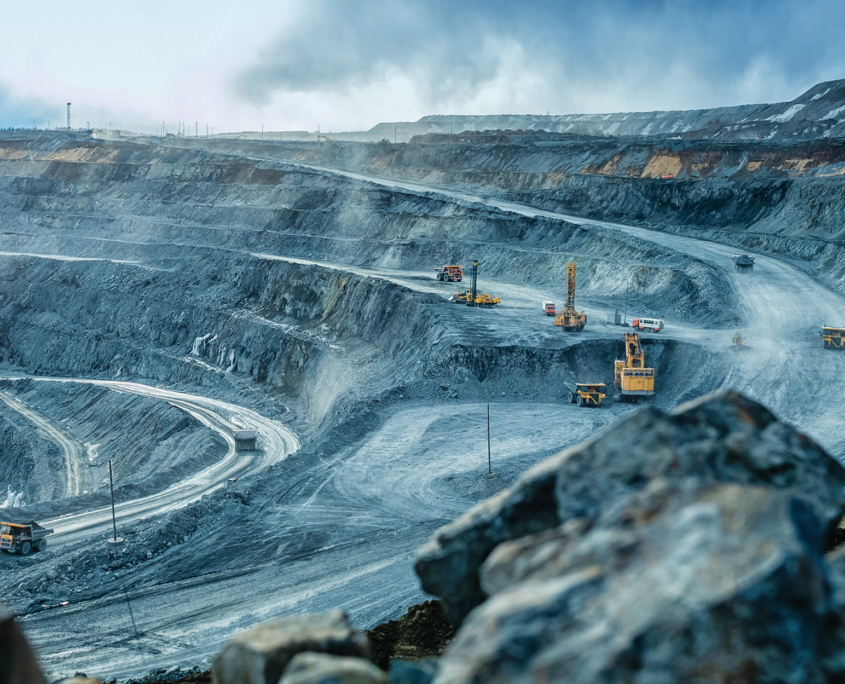Fuel is the lifeblood of mining operations. It powers everything from massive haul trucks and excavation equipment to generators and support vehicles. Given the scale of mining projects, even minor inefficiencies in fuel management can translate into major costs.
For example, a single large mining truck can consume hundreds of gallons of fuel per day. Multiply this by an entire fleet of vehicles, and the fuel expenses quickly add up. If just 10% of this fuel is wasted due to inefficiency or theft, it could cost a mining company hundreds of thousands of dollars annually.
Beyond the immediate financial impact, poor fuel management in mining can lead to:
- Increased Operational Costs: Without precise fuel tracking, companies may over-purchase fuel or face unexpected shortages, disrupting operations.
- Reduced Efficiency: Unaccounted fuel losses and wasteful practices decrease productivity, leading to project delays.
- Higher Environmental Impact: Excessive fuel use increases emissions, which can affect compliance with environmental regulations.
In an industry where margins are tight, taking control of fuel management isn’t just a best practice—it’s essential for maintaining profitability.



